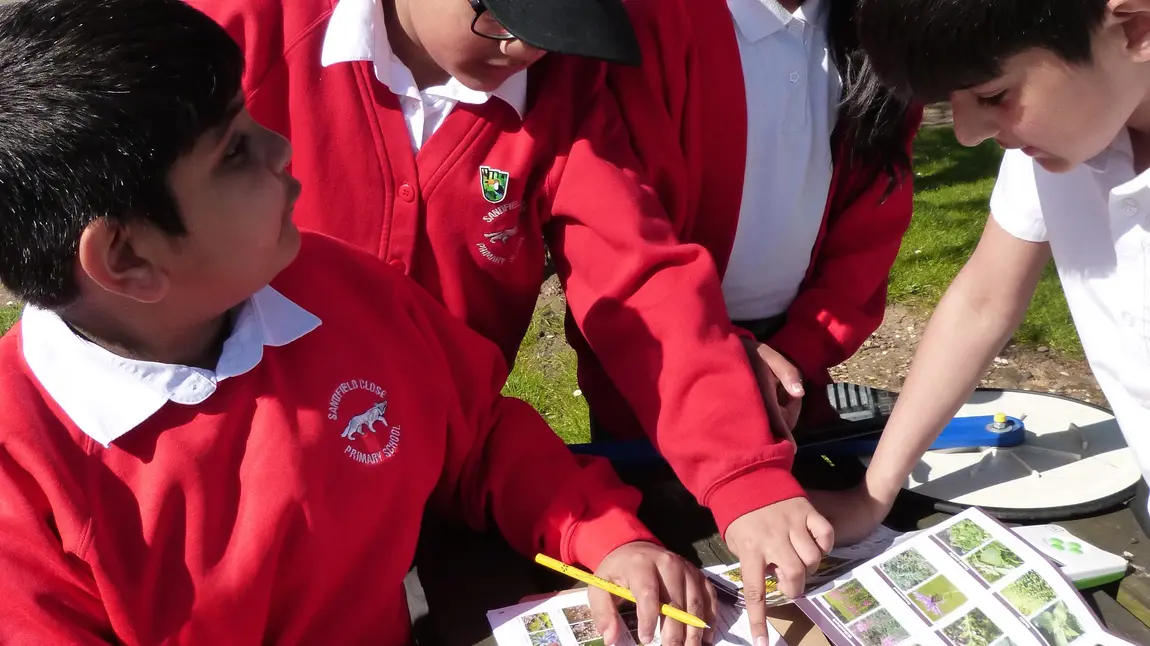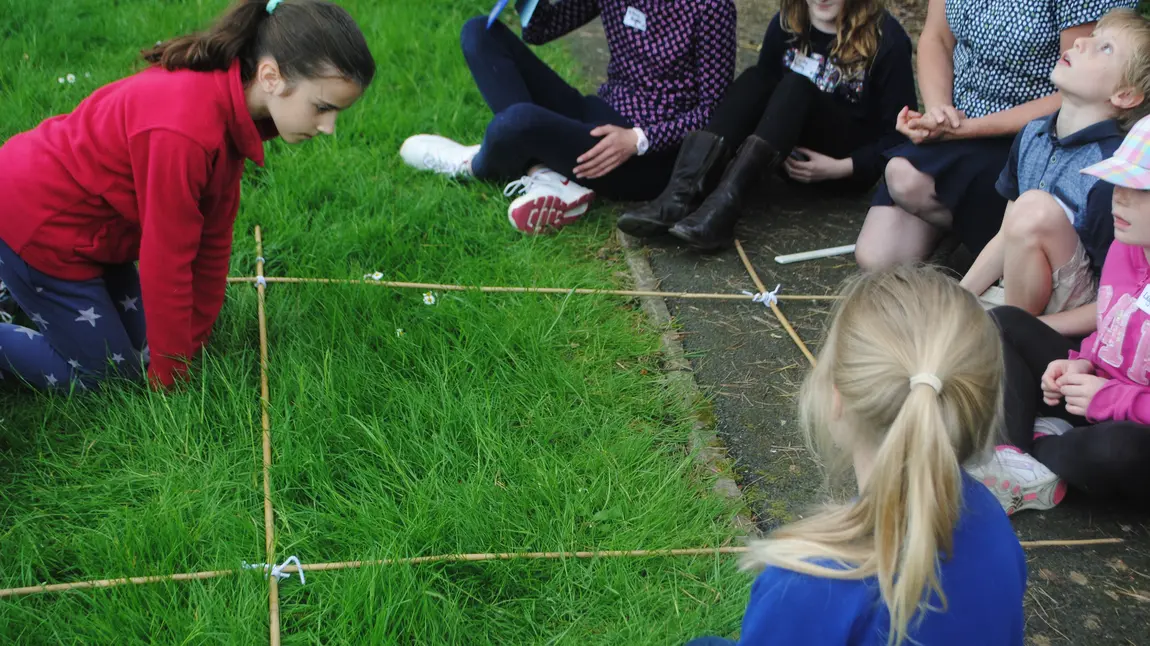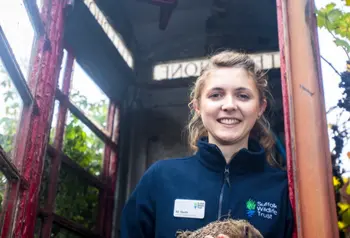How to protect bees, butterflies and bugs this summer

Pollinating insects are vital for our survival but they are in decline. Loss of habitat, changes in farming practices, the use of pesticides and climate change are having an impact on the number of pollinating insects in the UK and around the world.
[quote]“Pollinating insects are vital for our survival but they are in decline.”[/quote]
Supported by HLF, Polli:Nation is lead by charity Learning through Landscapes, working with project partners OPAL, Butterfly Conservation, Bumblebee Conservation Trust, Field Studies Council, Buglife, The Conservation Volunteers and Stirling University, each bringing different skills and knowledge to the project.
The aim of the project in schools is for children and young people to learn more about the importance of these insects and help them develop their school grounds in ways that will provide food, nesting sites and shelter. Polli:Nation has reached more than 260 schools right across the UK.
Polli:Nation so far
Last summer, in order to find out which pollinating insects were already in the schools’ grounds, pupils undertook a survey recording butterflies, moths, bumblebees, hoverflies, honey bees and other insects they could spot. They then uploaded this information to the OPAL website where it was analysed. This information can now be found on the Polli:Nation website.
[quote]“This summer we are relaunching the survey so that other schools, families and individuals can help us get as much information as possible about the UK’s pollinating insects.”[/quote]
The next stage of the project has been for pupils to research what the insects need, what food they like, where they like to live and breed. The pupils then planned what they would do in their school grounds.
Over the winter, half of the project schools have been making changes – adding in new habitats and food sources that are aimed to encourage pollinating insects to visit or live in their grounds. For example, they might avoid cutting areas of grass to see what wildflowers appear, creating minibeast hotels or planting orchards – all designed to feed and house the insects they have been studying.
Next year the remainder of the schools taking part will transform their grounds so we will have at least 260 schools sites where pollinating insects have places and spaces to shelter, feed and breed.
In the summer of 2018, at the end of the project, all schools taking part will re-do the survey so that we can see the impact they have had.
How everyone can get involved
This summer we are relaunching the survey so that other schools, families and individuals can help us get as much information as possible about the UK’s pollinating insects. This consists of a survey of the type of habitats in a 10m x 10m survey site.
You don’t need to be a plant expert for this – we just want to know the type of ground you have, if the grass is short or long or if there are flowers in the area. If you can identify the different species all the better and we have an identification guide that will help.
The second half of the survey is observing a 1m x 1m quadrat for just two minutes – spotting the different types of insects that visit in that time. Again no need to be an expert, we just need you to be able to tell the difference between different types of insect, and we have another guide to help.
A survey pack is available from the useful materials pages of the Polli:Nation survey website where you can also find a summary of last year’s findings.
There are loads of ideas and information about how you can create homes and food sources for pollinating insects on our website so, like the schools taking part, you can help stop the decline in pollinators across the UK.
You might also be interested in...


